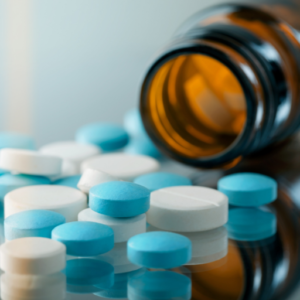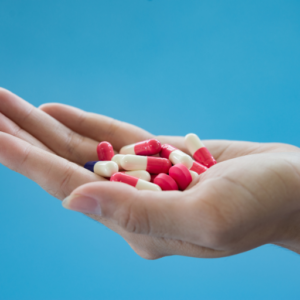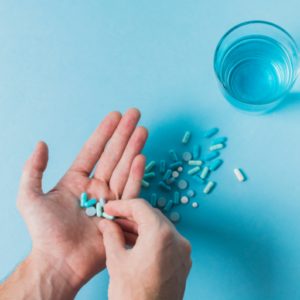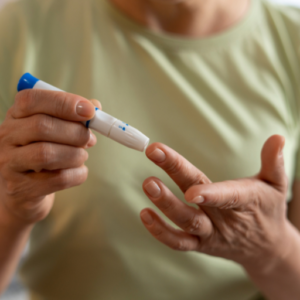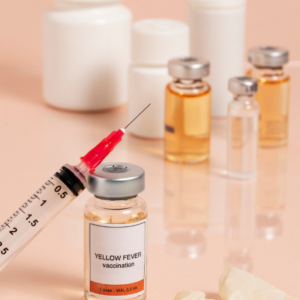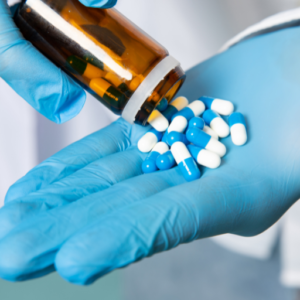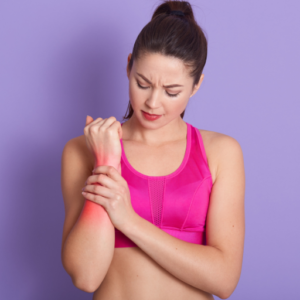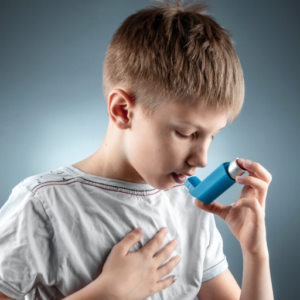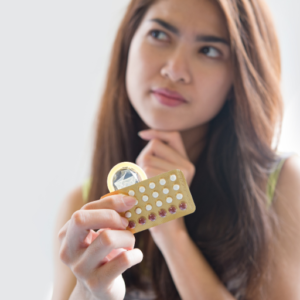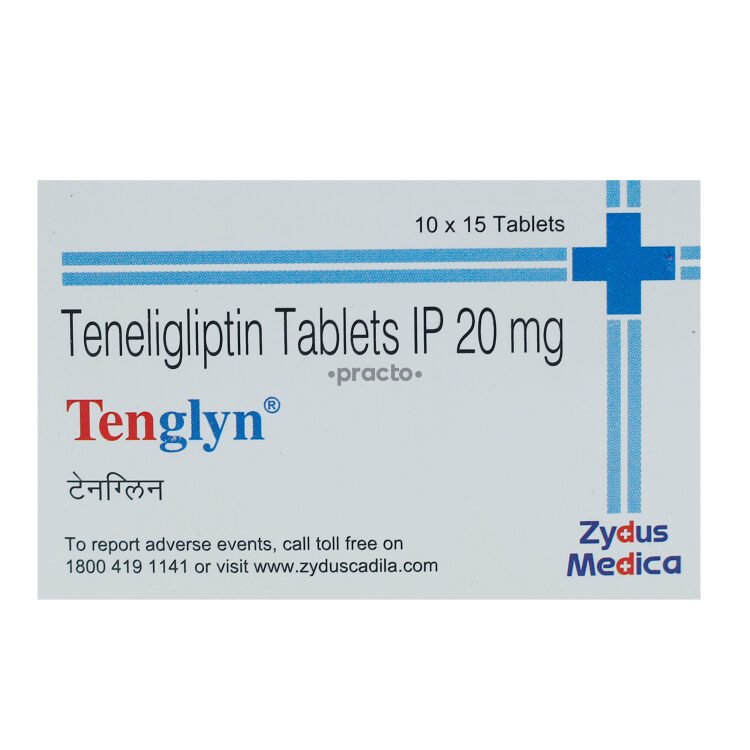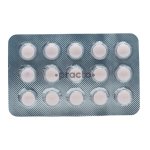Tenglyn 20mg
| Package | Per tablet | Savings | Price |
|---|---|---|---|
| 180 tablets | $0.23 | $13 | $54 $41 |
| 150 tablets | $0.23 | $10 | $45 $35 |
| 120 tablets | $0.24 | $7 | $36 $29 |
| 90 tablets | $0.26 | $4 | $27 $23 |
| 60 tablets | $0.27 | $2 | $18 $16 |
| 30 tablets | $0.30 | – | $9 |
What is this medicine?
TENGLYN 20 mg contains Teneligliptin, a DPP-4 (Dipeptidyl Peptidase-4) inhibitor. This medicine is used to manage type 2 diabetes mellitus in adults. It works by increasing insulin release and reducing the amount of sugar produced by the liver, particularly after meals.
It is typically used in combination with diet and exercise, and sometimes alongside other antidiabetic medications.
What should I tell my health care provider before I take this medicine?
They need to know if you have any of these conditions:
-
Type 1 diabetes
-
Diabetic ketoacidosis
-
Kidney disease
-
Liver disease
-
Heart problems or heart failure
-
History of pancreatitis
-
Any severe infection or recent surgery
-
If you are taking insulin or sulfonylureas (risk of low blood sugar increases)
-
An unusual or allergic reaction to teneligliptin or any other ingredients
-
Pregnant or trying to get pregnant
-
Breast-feeding
How should I use this medicine?
Take this medicine by mouth with a glass of water. It can be taken with or without food. Follow the dose and schedule prescribed by your doctor. Take it at the same time every day.
Do not stop taking this medicine without talking to your doctor, even if you feel better.
Overdosage: If you think you have taken too much of this medicine, contact a poison control center or emergency room at once.
What if I miss a dose?
If you miss a dose, take it as soon as you remember. If it is almost time for your next dose, skip the missed dose. Do not take double or extra doses.
What may interact with this medicine?
-
Other antidiabetic drugs like insulin, metformin, glimepiride, etc.
-
Beta-blockers (may mask symptoms of low blood sugar)
-
Diuretics
-
Steroids
-
Alcohol (increases risk of low blood sugar)
This list may not include all possible interactions. Tell your doctor about all medicines, herbs, supplements, or over-the-counter drugs you use. Also mention if you smoke, drink alcohol, or use recreational drugs.
What should I watch for while using this medicine?
-
Monitor your blood sugar as directed by your doctor.
-
Watch for signs of low blood sugar, especially if used with other diabetes medications (sweating, shakiness, confusion).
-
Contact your doctor if you experience abdominal pain, especially with nausea or vomiting (may indicate pancreatitis).
-
Report any skin rashes or blistering.
-
Inform your doctor if you are planning to become pregnant or are currently pregnant.
Limit alcohol intake. Alcohol may increase the risk of hypoglycemia (low blood sugar) and liver problems.
What side effects may I notice from this medicine?
Side effects that you should report to your doctor or health care professional as soon as possible:
-
Severe allergic reactions (rash, itching, swelling of face/lips/tongue/throat, difficulty breathing)
-
Severe stomach pain (possible pancreatitis)
-
Hypoglycemia symptoms (shakiness, dizziness, sweating, confusion, rapid heartbeat)
-
Skin reactions (rash, itching, peeling)
Side effects that usually do not require medical attention (report if they persist or are bothersome):
-
Headache
-
Constipation
-
Nausea
-
Mild stomach discomfort
-
Nasal congestion or sore throat
This list may not describe all possible side effects.
Where should I keep my medicine?
Keep out of the reach of children.
Store at room temperature between 20 and 25 degrees C (68 and 77 degrees F). Protect from heat, moisture, and light.
Do not use the medicine after the expiration date. Properly discard any unused medication.




